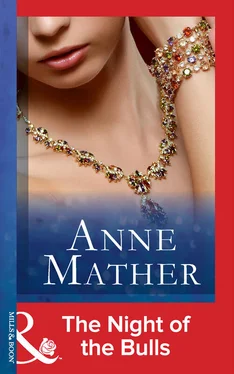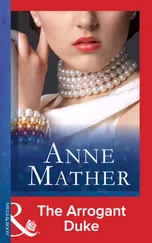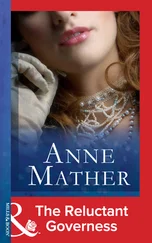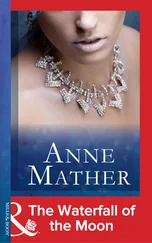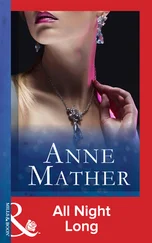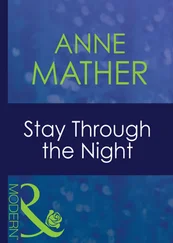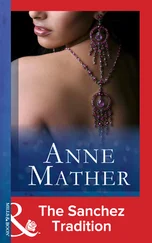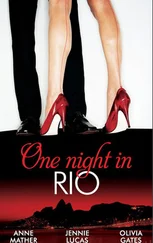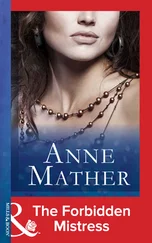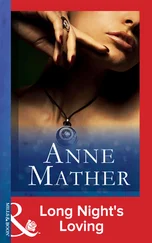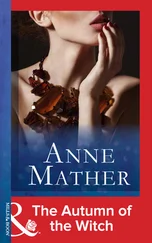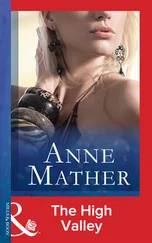Further on she saw the sight that had once filled her with excitement, which had caused the adrenalin to course along her veins with palpitating haste: the black bulls of the Camargue. There were about a dozen of them, grazing together on the grassy mounds that grew out of the marshy soil. They raised their heads as she drove by, but showed little interest in her progress. Their horns were curved menacingly, and she realized these were Spanish bulls. Her fingers tightened on the wheel; they bore the Double S brand on their flanks of the St. Salvador herd. It could not be far now, she thought unsteadily. She was obviously already on St. Salvador land.
Further on a group of horses shied away from the road into a copse of plane trees, and almost hidden amongst the trees she saw the unmistakable colouring of a gypsy caravan.
Dionne pressed her foot on the brake and drew the car to a halt, staring curiously at the caravan. Despite its neglected air, there was something vaguely familiar about it, and then she realized what it was. This was Gemma’s caravan. The one she and Manoel …
She halted her wayward thoughts and pulling on the handbrake slid out of the car. What was Gemma’s caravan doing here? Why had it such an abandoned look? Surely she had not got another caravan. Unless she no longer needed it.
The idea came unbidden but convincingly to her mind, and Dionne thrust her hands deep into the pockets of her trousers. Surely it was not possible. Gemma had been old, of course, but such an active woman, such a vital person. She could not be dead ! Could she?
Dionne halted at the edge of the road. The land around the caravan was swampy and she was only wearing shoes that were entirely unsuitable for walking in mud. Besides, it was obviously deserted. The curtains at the grimy windows were drawn and dirty and there was no sign of life whatsoever.
Shaking her head, Dionne went back to her car and slid behind the wheel thoughtfully. Gemma’s caravan, her home that she had taken such pride in, that she had kept sparklingly clean, left to rust and rot.
She looked back at the caravan again, and a lump came in her throat. Was Gemma dead? Was that indomitable spirit quenched for ever? Was that part of the reason for Manoel’s bitterness?
She rested her arms on the steering wheel, staring unseeingly into space. Gemma had seemed the kind of person who would live forever, the only one of the St. Salvador clan who had shown her nothing but kindness. She had had an agelessness about her that defied the passage of time, and the realization that she was no longer there to support her made Dionne wish she had never embarked upon this journey.
She looked about her desperately. What was she going to do? Turn back now, or go on and risk confronting Manoel’s wife, the girl who had never made any attempt to hide her dislike of the English girl, and who Manoel’s mother had considered so suitable because her father’s property marched with that of the St. Salvadors?
Starting the engine abruptly, she forced herself to think about Jonathan. It was for his sake she was here, and if it meant suffering humiliation then she would have to suffer it alone.
The land to either side of the road was less marshy now, and in the distance a grove of trees shielded a cluster of houses. Small reed-fringed lakes sparkled iridescently in the sunlight, but in spite of her proximity to civilization there was no sign of human life. She might have been alone out in the vastness of unlimited space.
She drew the car to a halt again, and climbed out on to the bonnet, shading her eyes and staring into the distance. Vaguely something stirred out there on the horizon, and she strained to see what it was.
The movement materialized into men and horses, the famous gardiens of the Camargue who patrolled their herds of cattle and horses as they had done for many, many years.
As they drew nearer, Dionne could see that they were driving a herd of cattle before them, strong black fearsome beasts that caused Dionne to scramble down from her perch and seek the comparative anonymity of her car.
The St. Salvador mas , which is the Provençal name for a farm, bred Spanish bulls for the corrida , and not the smaller, less muscular beasts of the Camargue, used mainly in the course libre . On her previous visit here, Dionne had learned that the corrida displayed the kind of savagery that made one wonder how far civilization had progressed since the days of gladiatorial battles in the arena in Rome, whereas the course libre was a gentler, if no less dangerous, sport where the bull survived to fight another day.
But in spite of that, it was the Spanish bulls which were the most highly prized, and Manoel’s father, as the head of his household, could rightly be called a manadier , a rather grand title in this area. Certainly these finely bred cattle looked the fiercest Dionne had ever seen, and everyone was warned, from the moment they set foot in the area, to treat them with the utmost respect and never to underestimate their unpredictability.
The herd surged by, scarcely giving her a second glance, but the gardiens regarded her curiously, obviously wondering who she was and why she was here on St. Salvador land.
One of the older men reined in his horse and approached the car, taking off his wide-brimmed hat that so closely resembled that of a cowboy’s in the western states of America. Dionne had recognized none of the men and was taken aback that one of them should address her.
‘Bonjour, mademoiselle ,’ he said politely. ‘Qu’est-ce que vous voulez?’
Dionne smiled more confidently than she felt. ‘Er – ou est Monsieur Manoel?’ she inquired casually.
The man frowned. ‘ Le patron, mademoiselle? Il n’est pas ici.’
Dionne bit her lip. ‘Non, pas le patron, monsieur, mais Monsieur Manoel?’
‘Monsieur Manoel est le patron ,’ retorted the man with dignity.
Dionne stared at him disbelievingly. Manoel was le patron, his employer ! Then where was Manoel’s father?
But of course she could not ask such a leading question so she made a helpless gesture and said: ‘Pardon! Je ne connais pas bien la famille.’
The man’s frown deepened . ‘Vous êtes anglaise, mademoiselle, oui?’
Dionne inclined her head. ‘Oui. Vous parlez anglais?’
The man’s lips parted in a wide grin. ‘Un peu, mademoiselle, un peu.’
Dionne ran her tongue over dry lips. ‘Very well, monsieur , do you know where Monsieur Manoel is?’
The man glanced about him, turning in the heavy saddle. His eyes were the lightest blue that Dionne had ever seen, diluted by the wind and weather, his gnarled hands and face the colour of mahogany.
‘He could be anywhere, mademoiselle,’ he said at last. ‘There is much to be done at this time of the year. You wish I should tell him you await him at the mas ?’
‘Oh, no.’ Dionne shook her head too quickly and the old gardien regarded her suspiciously. It was obvious now that he considered her an intruder particularly as she did not wish her presence here to be made known to his employer. ‘I – I have to go back to Arles,’ Dionne added lamely, unconvincingly. ‘You – you may tell your patron he can find me there.’
‘Bien sûr, mademoiselle.’ The old man inclined his head with controlled politeness, and realizing he was waiting for her to make some move to leave, Dionne started the engine again and thrust the gear into reverse.
But she took her foot off the clutch too tardily and in consequence the small vehicle jerked backwards, its wheels sliding on the uneven surface and causing them to skid to the side of the road and into the ditch that flanked it.
Читать дальше
